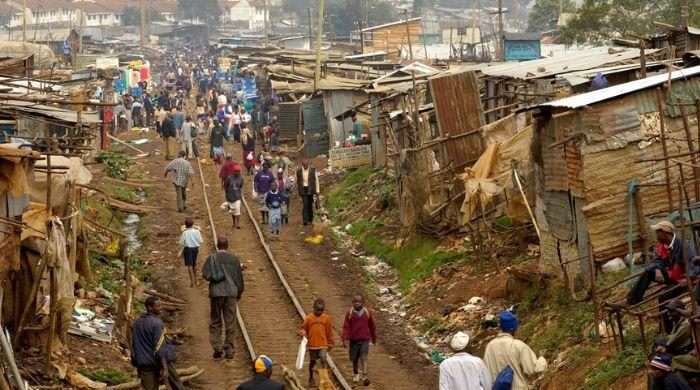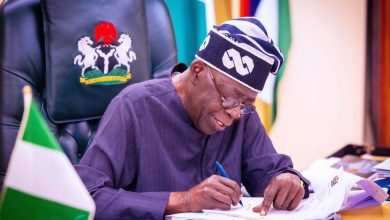World Bank: 139 Million Nigerians Now Living in Poverty Despite Revenue Gains
The World Bank says about 139 million Nigerians are living in poverty despite recent economic reforms.
It noted that rising food inflation and poor resource use hinder progress toward improving living standards.
The World Bank Group has revealed that about 139 million Nigerians are currently living in poverty despite the federal government’s recent economic reforms, which have boosted revenues across all levels of government.

Speaking at the launch of the Nigeria Development Update in Abuja on Wednesday, October 8, the World Bank Country Director for Nigeria, Mathew Verghis, said poverty levels, which began rising in 2019 due to policy missteps and external shocks such as the COVID-19 pandemic, have continued to increase despite the government’s stabilization efforts.
Verghis acknowledged that Nigeria’s economy is showing signs of improvement, with higher revenues, better debt indicators, a more stable foreign exchange market, increasing reserves, and a gradual decline in inflation. However, he noted that these gains have not yet translated into improved living standards for citizens.
“In 2025, we estimate that 139 million Nigerians are living in poverty. The challenge is how to turn the progress made from the stabilization reforms into better living conditions for everyone,” he said.
He stressed that Nigeria must tackle food inflation, ensure efficient use of public resources, and expand social safety programmes to cushion the most vulnerable citizens. “Food inflation affects everyone, especially the poor, and can erode political support for the reforms. Public funds must be used efficiently to deliver tangible development results,” he added.
Presenting an overview of the report titled ‘From Policy to People: Bringing the Reform Gains Home’, Samer Matta, the World Bank’s Lead Economist for Nigeria, said total revenues distributed as federation allocations had increased significantly in the first eight months of 2025.
However, Matta raised concerns over the large deductions made by revenue-collecting agencies, describing them as unproductive and detrimental to development outcomes.
The report projects that Nigeria’s GDP growth will rise modestly to 4.4 percent by 2027, supported by stronger services, agricultural recovery, and industrial expansion within a more stable environment. Inflation is expected to ease to 15.8 percent by 2027, driven by tight monetary policies and improving supply conditions.
It also forecasts that the fiscal deficit will average 2.7 percent of GDP in 2026–2027, supported by increased revenue from tax reforms and lower interest payments, keeping debt levels around 40 percent of GDP.
The Bank observed that spending by both federal and state governments has risen, with subnational capital expenditure now accounting for about 60–65 percent of total spending, climbing from roughly 1 percent of GDP in 2022 to a projected 2.7 percent in 2025.
At the federal level, however, wages and salaries still consume around 70 percent of total expenditure, leaving limited room for capital investment.
The World Bank warned that the outlook remains vulnerable to several risks, including fluctuating oil prices, reform fatigue, political uncertainty ahead of elections, and climate-related shocks.



